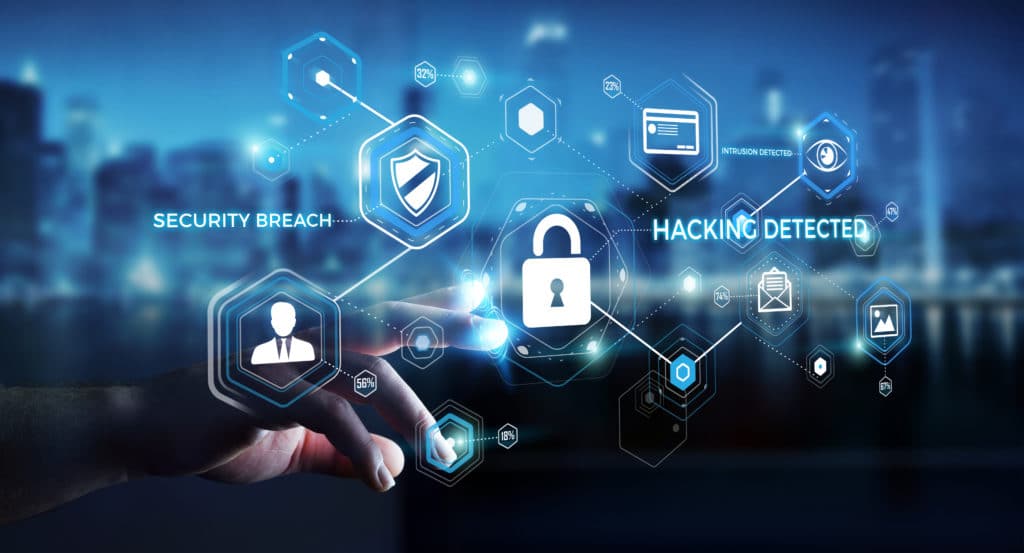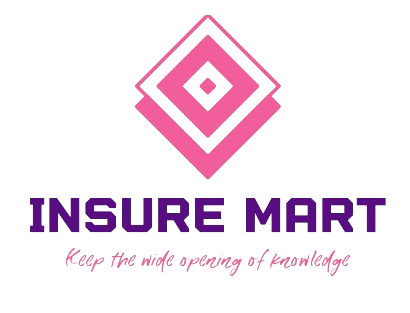Social networking sites can be a great way to connect with friends and family, share experiences, and learn new things. However, it is important to be aware of the potential risks and take steps to protect yourself. Here are some key strategies for staying safe on social media:
Be mindful of what you share: The internet, especially social media, has a long memory. Once you post something online, it can be difficult or even impossible to completely erase it. Consider how the information you share might reflect on you now and in the future, especially when it comes to things like your employment prospects or college applications. Avoid sharing personal details like your address, phone number, or financial information.
Manage your privacy settings: The Cyber Church social media platforms offer a variety of privacy settings that allow you to control who sees your profile, posts, and information. Take some time to explore these settings and customize them to your comfort level. You can choose to limit who can see your friend list, photos, and even who can send you friend requests.
Be cautious about friend requests: Do not feel obligated to accept every friend request you receive. If you do not recognize the person, or if their profile seems suspicious, it is best to err on the side of caution and decline. Scammers and catfishers often create fake profiles to target unsuspecting users.

Think before you click: Be wary of clicking on links or downloading attachments from unknown senders, even if they appear to be from someone you know. These could be phishing attempts designed to steal your personal information or infect your device with malware.
Beware of online scams: Social media is a breeding ground for scams. If something seems too good to be true, it probably is. Be skeptical of offers for free gifts, prizes, or get-rich-quick schemes. Do not share your financial information or click on suspicious links associated with these promotions.
Use strong passwords and be mindful of public Wi-Fi: Create strong, unique passwords for your social media accounts and enable two-factor authentication whenever possible. This adds an extra layer of security by requiring a second verification step when logging in. Avoid using public Wi-Fi networks for logging into social media accounts or any other sensitive transactions. Public Wi-Fi is not secure and hackers can potentially intercept your data.
Be respectful of others: Remember that the internet is a public space. Think twice before posting anything that could be considered offensive, harassing, or bullying. Treat others online with the same respect you would show them in person.
Take breaks and be mindful of your mental health: Social media can be addictive and it is easy to get sucked into a vortex of negativity or spend too much time comparing yourself to others. Schedule breaks from social media and be aware of how it is affecting your mood. If you find yourself feeling anxious, depressed, or overwhelmed, take a step back and focus on real-life interactions.
By following these tips, you can help ensure a safe and positive experience on social networking sites. Remember, social media should be a way to connect and share, but it is important to be smart and protect yourself from potential risks.
